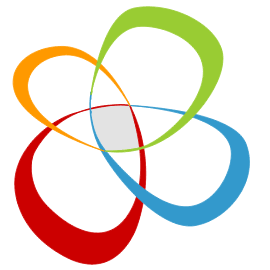Council of Europe resources
A guide to teacher competences for languages in education

Language teacher competences are crucial to the quality and effectiveness of language education. Successful language learning depends in large part on the knowledge, skills and attitudes of language teachers. In addition, in the world of today all teachers need to be critically aware of the role that language and communication play in education and in life in general, to be able to use language(s) sensitively in their teaching, whatever their subject, and to develop students’ general language awareness.
View download page
Digital literacy for the teaching and learning of languages

The e-lang project (“Digital literacy for the teaching and learning of languages”) has developed, on the basis of the action-oriented approach of the CEFR, a pedagogical approach for the use of digital tools and resources in the context of language teaching and learning. The objective is to help learners become competent and autonomous language users and digital citizens.
View download page
A pluriliteracies approach to teaching for learning

Pluriliteracies Teaching for Learning (PTL) shows teachers and materials developers ways of fostering deep learning by paying attention to the development of students‘ subject specific literacies as well as their conceptual understanding and automatization of subject-specific procedures, skills and strategies. By communicating about their evolving understanding in increasingly sophisticated ways, students internalize these understandings and ways of acting and thinking. PTL not only makes the links between content and language learning visible, but it also shows how teachers can create learning trajectories taking students’ current abilities as a starting point, and tracing their progress along the learning pathway.
View download page